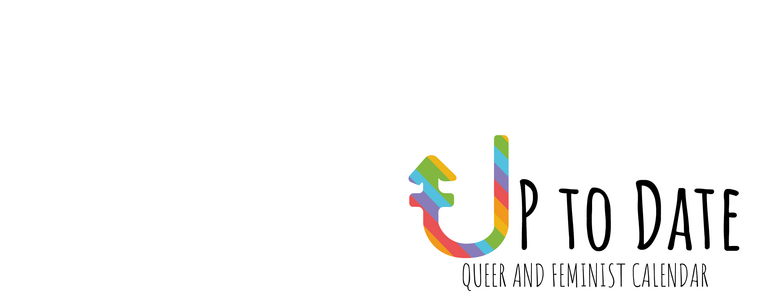International Non-Binary Day
International Non-Binary Day takes place on 14 July. The date is exactly halfway between International Women's Day on 8 March and International Men's Day on 19 November.
International Non-Binary People's Day has its origins in Canada, where it was first proposed by Katje van Loon in a blog in 2012 (Worldday 2020; BBC 2022).
The day focuses on non-binary people and therefore all people who do not (exclusively) identify as female or male. The aim of the day is to highlight gender diversity in society by raising awareness of non-binary identities and the use of gender-neutral language. For example, many non-binary people identify with gender-neutral pronouns such as "they" or in German "xier" (neopronouns).
The aim of International Non-Binary Day is to raise awareness of the discrimination experienced by non-binary people. In order to draw more attention to the issue, some activists have introduced Non-Binary Week in addition to Non-Binary Day. This starts on the Sunday or Monday before International Non-Binary Day (World Day 2020).
Last updated: July 2025
Sources (in German)
- BBC (2022): Why I invented Non-Binary Day. BBC.com. Last accessed: 14.07.2025.
- HCR Staff (2020, 14. Juli): Celebrating the Diversity of the Non-Binary Community for International Non-Binary Day 2020. HRC.org. Last accessed: 28.06.2021.
- Public and Commercial Services Union (2021): International Non-Binary Day. Pcs.org.uk. Last accessed: 28.06.2021.
- Worldday (2020): 14.Juli: Internationale Nichtbinär-Tag / International Non-Binary Day und die "Non-Binary Week". Bisher mehr Wunsch als Wirklichkeit. Worldday.de. Last accessed: 28.06.2021.





